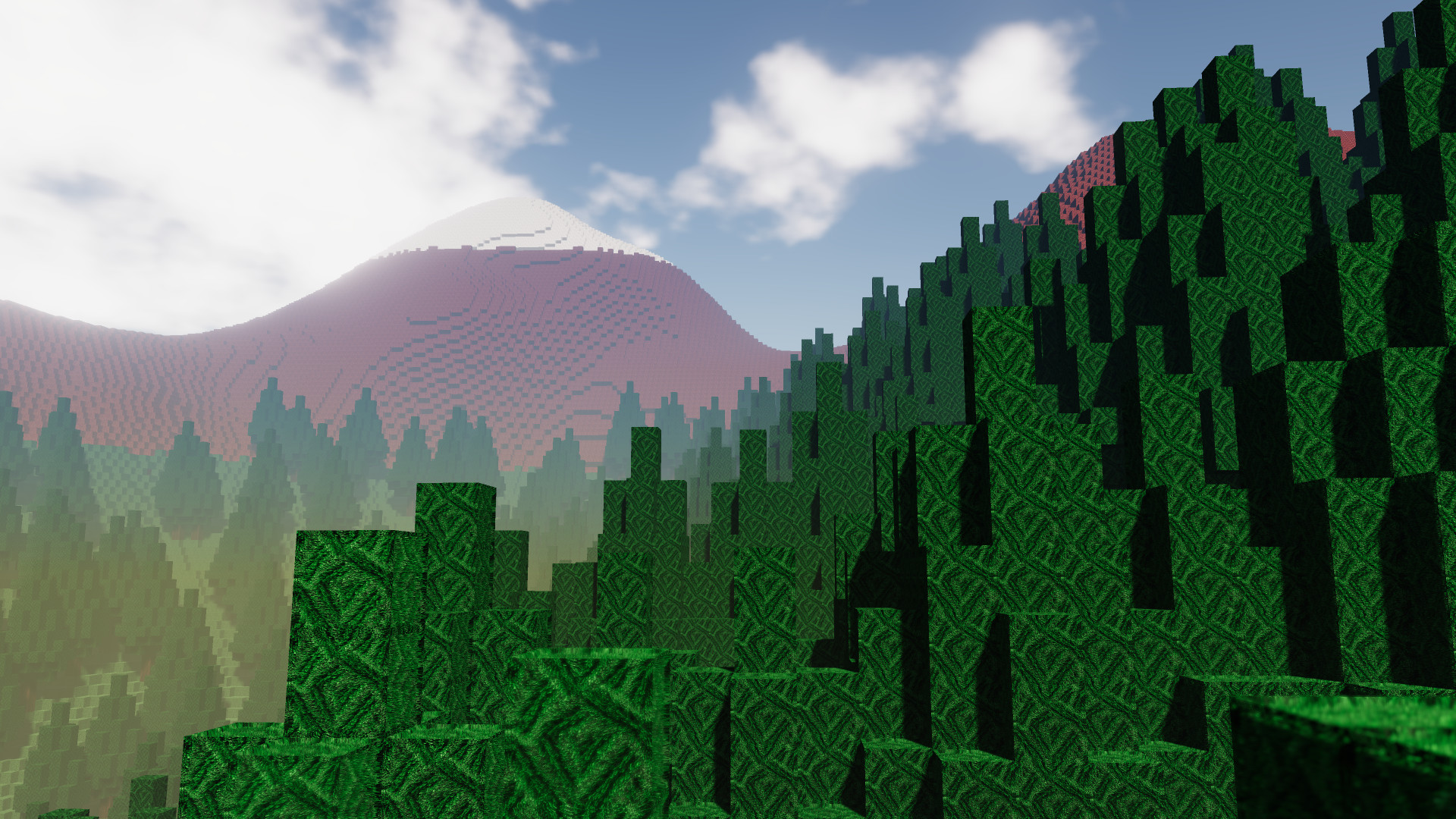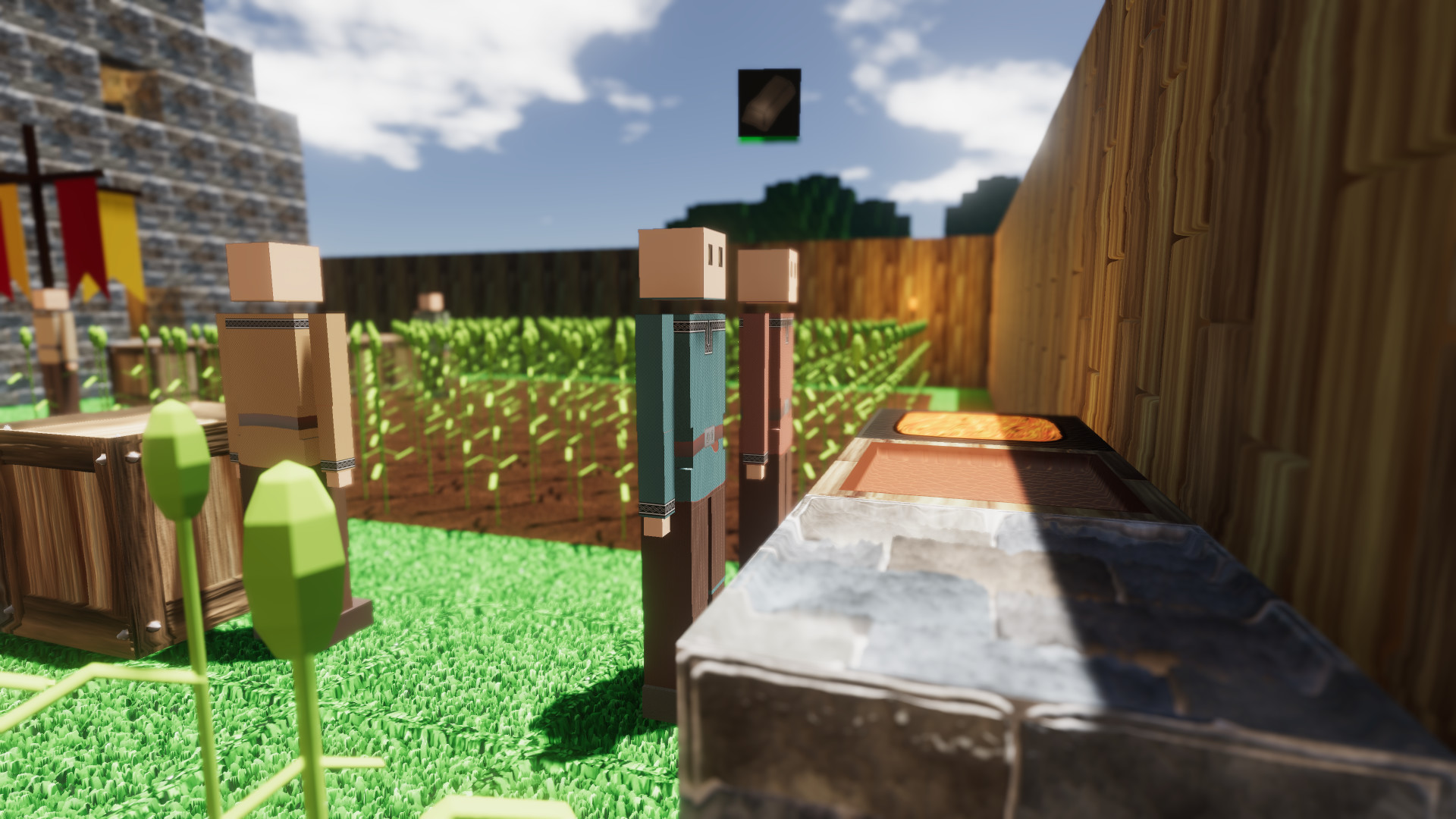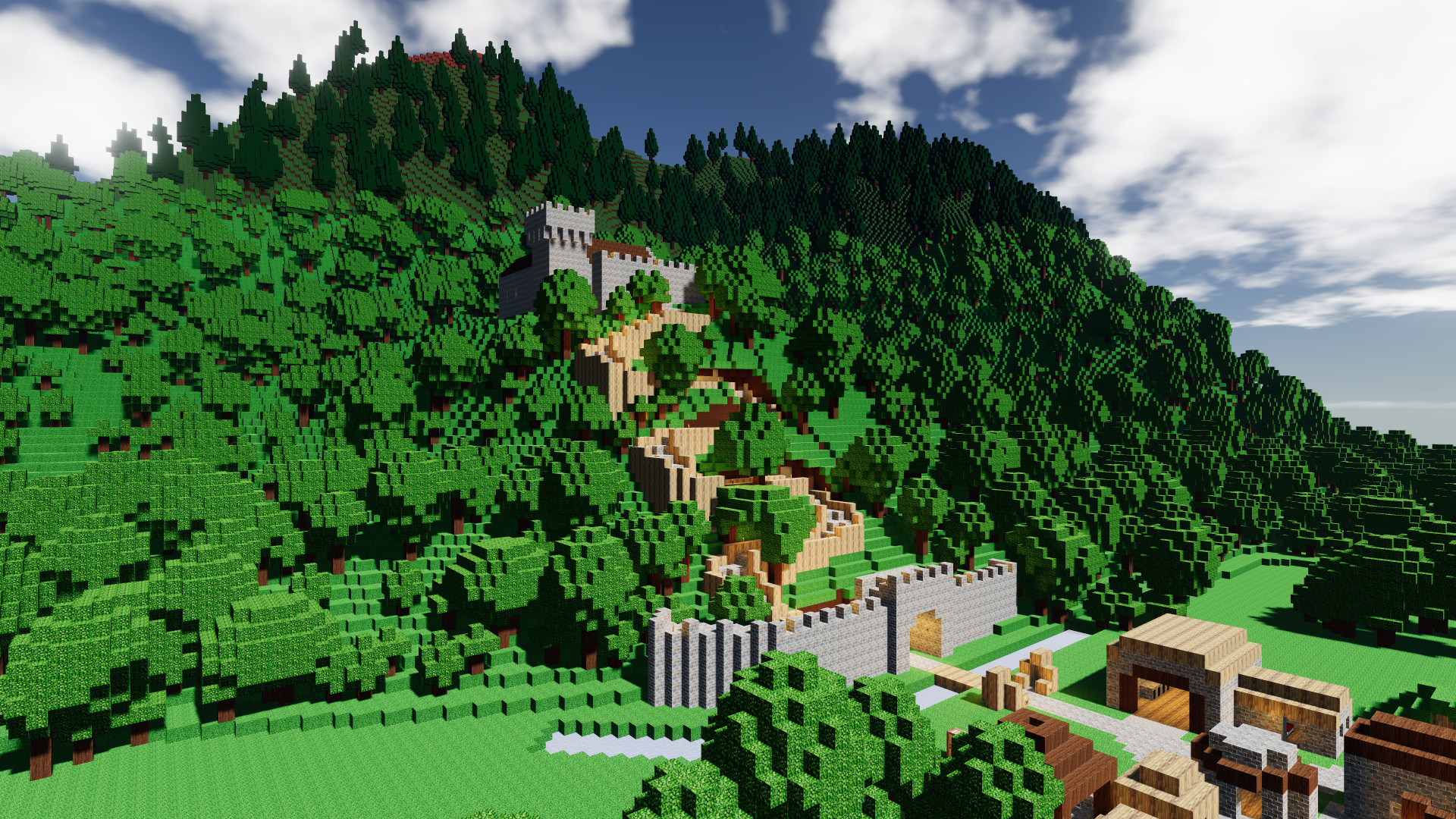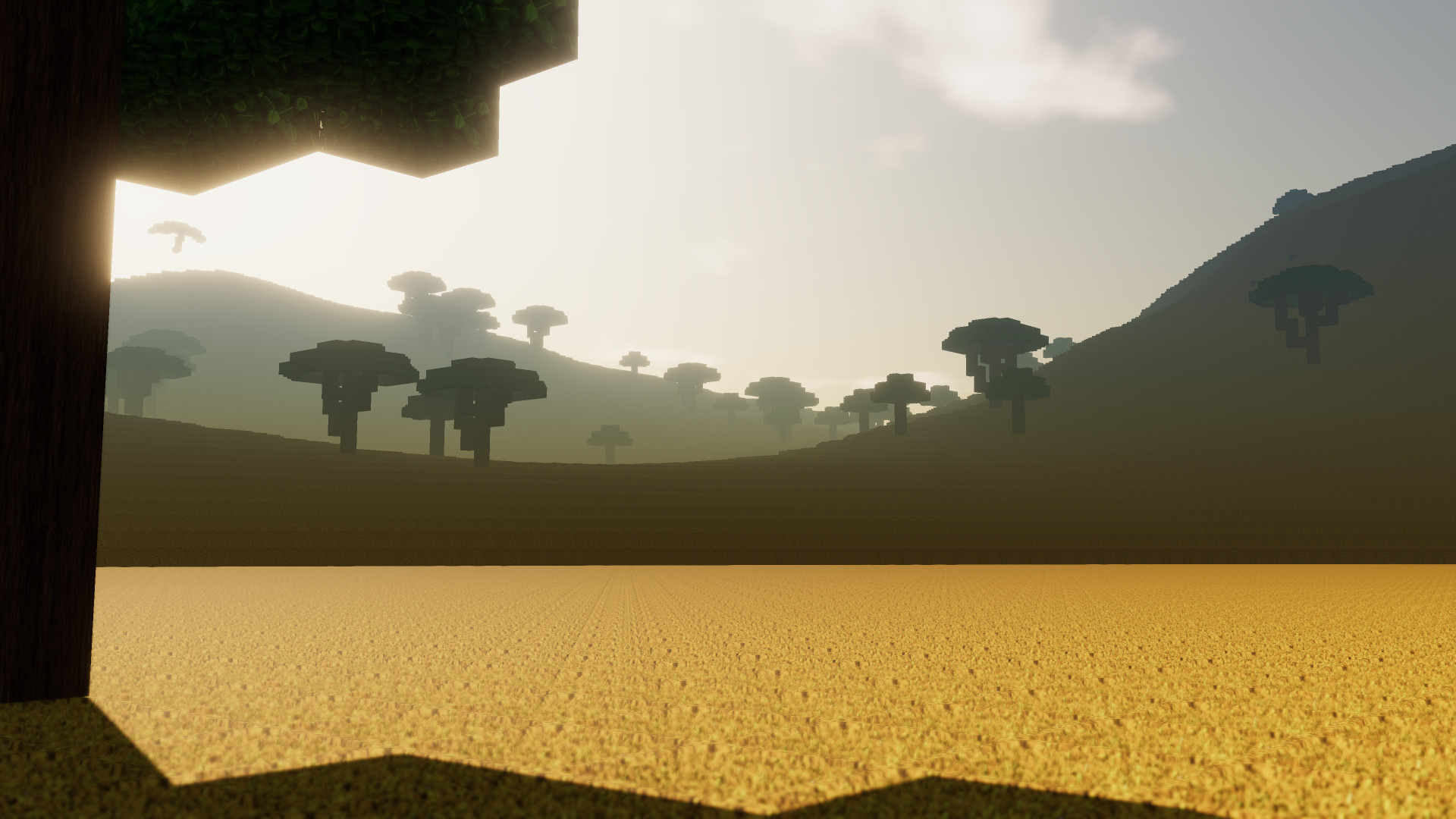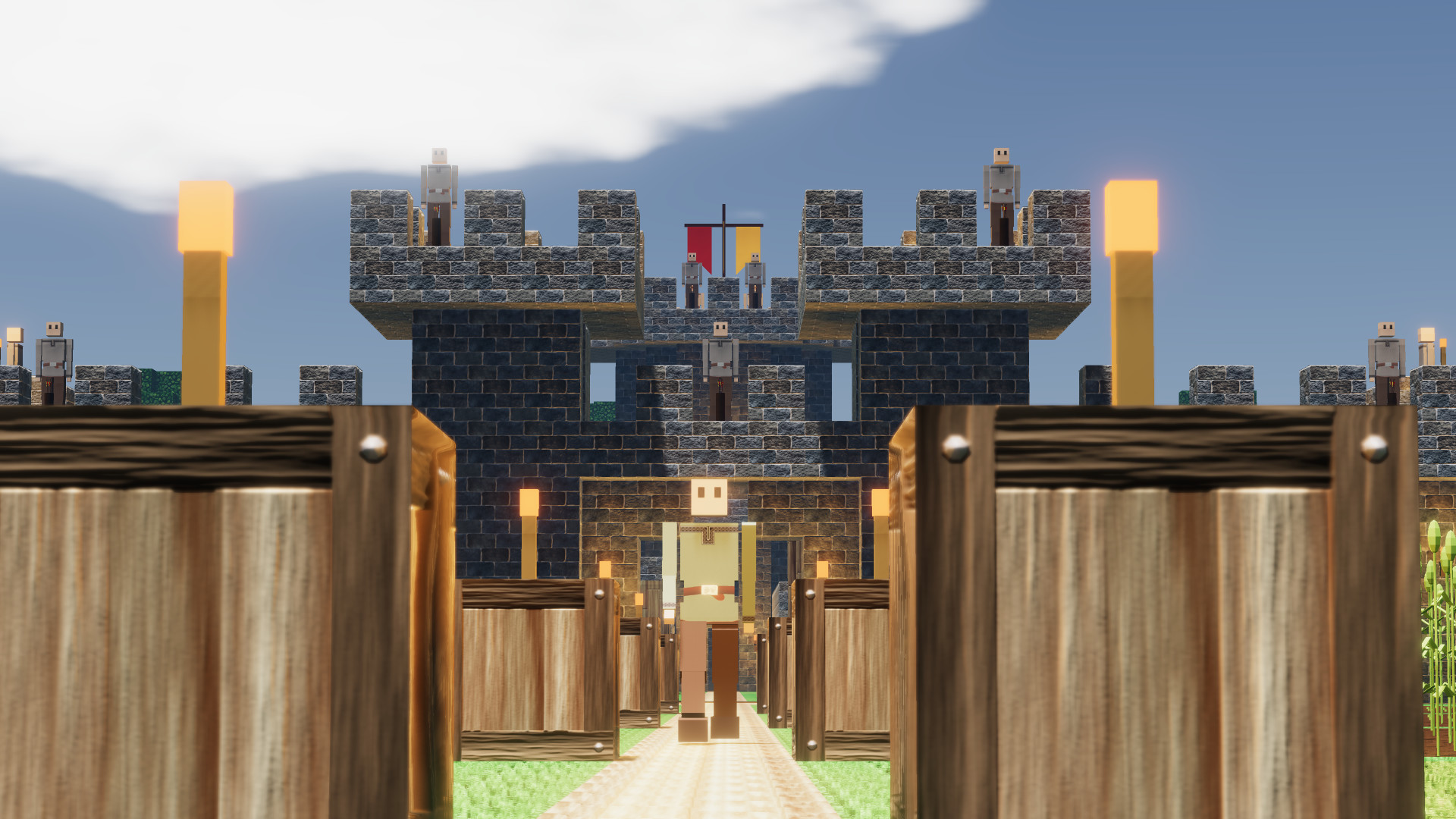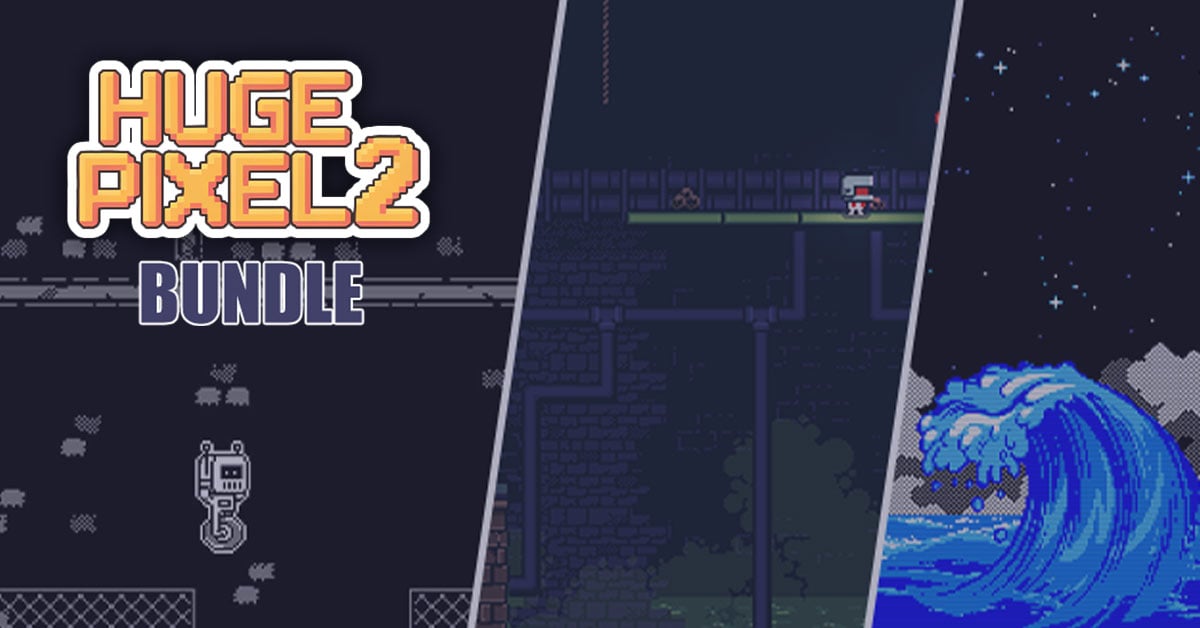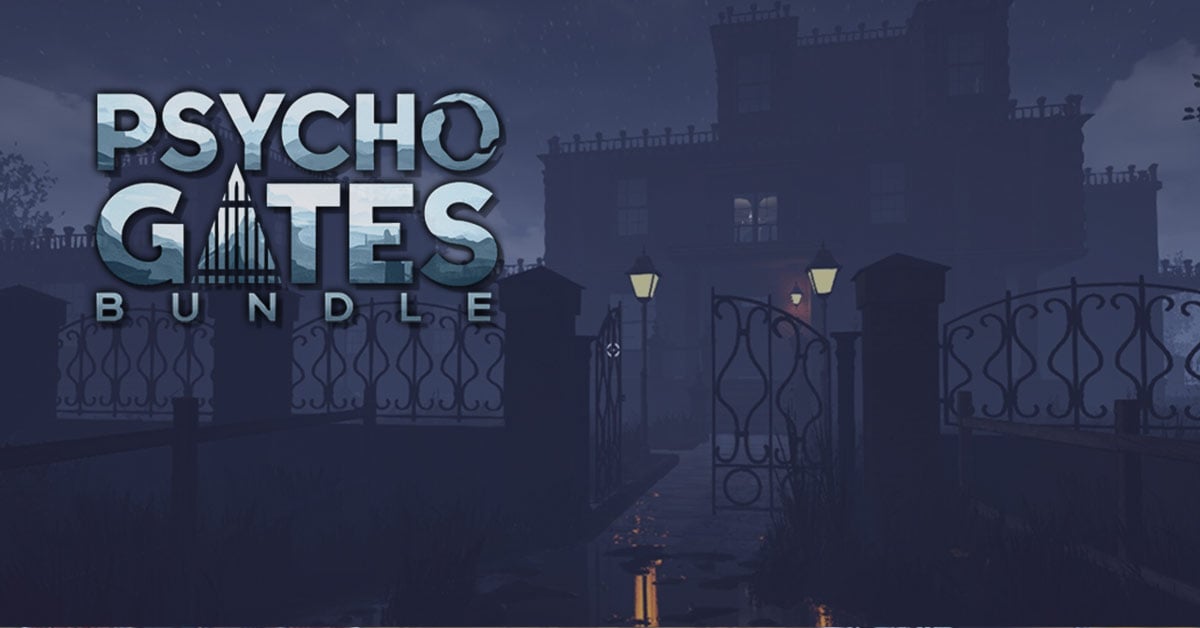- Multiplayer support: play with friends and strangers!
- Advanced pathfinding: colonists and zombies will find their way in the world you've build. They will dynamically navigate stairs, bridges and tunnels.
- Explore a world with realistically placed biomes. A giant jungle in the center of the world, surrounded by savannas, deserts and temperate biomes. Two polar regions in the far north and south.
- Support for textures and language packs created by players
- Dynamic lighting and eye adaptation
- Voice your suggestions and be part of the development of Colony Survival!

Last week , we attempted to explain our plans to add some kind of economic system to Colony Survival. These ideas are connected to many of our other plans for the next big update, and related to frustrations about current systems. I skipped a large part of the context and went straight for a complex explanation with a lot of numbers and imaginary examples. Lots of people found this to be very confusing, for good reasons! Today, I'll try to explain our plans in a more sensible way.
Let's start by looking at an example of a randomly generated world in current Colony Survival. You spawn in the center of the world. Your colony inhabits only a very small portion of the entire spawn region, and all resources from that region can be found and grown in that very small portion. All ores spawn everywhere, and all "spawn crops" can be grown anywhere in the spawn region. There's no important reason to set up a second outpost in the spawn region.
At the very end of the game, players get the ability to start a second colony. You're meant to traverse the entire spawn region, and then you've got to cross an "inhabitable region": an ocean, a desert or a steppe. When you succesfully do that, you enter a new region with unique crops and some extra ores, for end-game luxury items. Again, one colony will gain access to all of these unique resources in that region.
Resources can be traded between colonies. This happens purely via an interface menu, and is not connected to anything you've actually got to build in-game.

We loved the fundamental ideas behind this plan, but we're not very happy with the execution. After staying in one place for nearly the full game, players are suddenly expected to travel through multiple kilometers of empty landscape until they cross an arbitrary line. It's asking a lot, while the rewards aren't worth it for many players.
So, we're thinking of a big change. We'd love to build a new world, where resources are scattered through the map and each location has unique benefits and drawbacks. The current world already renders a "temperature" and a "humidity" for each chunk of the map, and combined with something like "fertility", we could realistically make certain parts of the map more suitable for some crops and less suitable for others. Farming in the perfect spot yields large harvests; building in a less perfect spot results in diminished harvests. Some crops would love high temperatures while others are more suited for lower temperatures, etcetera.
Basic ores would still be found easily, while more "advanced" ores like iron, coal and gold would only be available in certain locations, which could be found with for example the current compass tool. Instead of walking many kilometers to cross an arbitrary line, players will actually have to scout the terrain and make an intelligent decision about the placement of their colonies.
Your network of colonies has to be connected via actual physical paths. These could be roads, bridges and tunnels marked by milestones, or waterways marked by buoys. Later on, we could even get rails with trains/minecarts. The cost of trading between colonies will be determined by the length and efficiency of these connections.
 Map made with Inkarnate
Map made with Inkarnate
This system should offer a more gradual introduction to multiple colonies, make setting up these colonies more fun, and make the rewards for doing so larger. To prevent players from having to set up the same defenses against monsters again and again, we want to implement a way to redirect most or all of the monster threat to one specific place, like a well-defended capital or a special castle.
Now, last week we tried to explain a system of "Guilders" which was considered confusing by many. Here's where they become relevant. The way your colonists spend their working time has changed throughout the updates, but the amount of seconds they can work in a day hasn't. Let's say there's 300 "labor seconds" per colonist in one day. On average, per update, they'll be spend roughly like this:

In 0.1.0, every colonist needed food and attracted monsters, resulting in the necessity to craft ammo to fight these monsters. So for every 10 colonists, you need a majority of them to craft food and fight monsters just to sustain these 10 colonists. A small proportion of time is spend on "Perma-Crafting": crafting items that are perpetually useful, like workbenches and bows. The rest of the "labor time" can be spend as players wish.
In 0.4.0, a bunch of science bags were needed to make progress, demanding a share of labor time and giving purpose to "extra" colonists. In 0.7.0, things were made rather difficult with the introduction of happiness. Now colonists needed a bunch of special items to stay happy. If you failed to produce them, the resulting unhappiness would hamstring your colony. This was rather punishing, and in 0.8.0 we switched to the system of "Colony Points", retaining a lot of benefits from the happiness system while removing the large punishment.
For the next big update, we want to give job blocks the ability to have longer crafting times for specific recipes. For example, crafting a matchlock gun should be able to cost for example 150 seconds, instead of 15. These extended crafting times should be reserved for the "perpetual upgrades". In return, the daily requirements to keep your colonists alive, food and ammo, should become a bit "cheaper" in terms of labor time. Their cost should be reduced even further to compensate for the addition of "delivery time", now that items will have to be physically delivered from one place to another.
In historical times, before trucks and trains, delivering bulk goods was difficult and costly. Your wheat and firewood probably didn't travel very far to get to your home. But simultaneously, valuable and 'transportable' items like golden adornments, silver coins, silk and spices did get traded between distant places. In the Bronze Age, civilizations already set up far-ranging trade networks for things like tin and charcoal. tzi's axe was made from copper mined hundreds of miles south from where he lived.
Trade in Colony Survival should be relatively realistic, and should thus be based on similar considerations. Items should have default values, based on something like "expected labor time" and "expected utility". The delivery costs should be based on the length of the path and the weight of the item. tzi's axe has a high value and a relatively low weight, so even in Bronze Age circumstances it makes sense to trade it over a distance of hundreds of miles. But a low value, high weight item like wheat (one year of copper axes is still one axe; one year of wheat is a lot of wheat) won't be transported similar distances, not for the average man at least.
Bronze Age trade networks weren't set up by one Supreme Emperor who determined where every single item should go. Thousands of merchants existed, who throughout the centuries learned the best ways to deliver valuable items to the right consumers. So we believe the trade networks in Colony Survival shouldn't be based on a single players intuiting all the right choices either. Players should be helped by performing some basic calculations for them: "how valuable would it be to have item X here" and "how costly would it be to deliver item X here". If the delivery makes sense, it should happen, and otherwise it shouldn't. By default, a day's worth of food shouldn't cost two days worth of delivery time, that's not viable. To represent these values to players, it would be best to pick one way of representing it. This could be "Guilders". These would be closely connected to crafting time. Items that take a long time to craft are often more valuable than items that can be easily made.
- "Coppercolony" has produced a Copper Axe for 10 Guilders. Delivering it to "Craftercolony" costs 20 Guilders. It would be worth 50 Guilders there. Deliver it!
- "Farmcolony" has produced wheat for 3 Guilders. Delivering it to "Distant Exotic Colony" costs 50 Guilders. It would be worth 5 Guilders there. Don't do it!
The Guilders aren't meant to create another level of complexity that has to be navigated by players. They are meant to take an intended level of complexity (realistic trade, with some possible deliveries being worthwhile and valuable but lots of other possible deliveries being a complete waste of colonist's scarce labor time) and to summarize that large set of data (production costs, delivery costs, ingredient value, end product value) and make it quickly and easily available for players, so they can more easily understand their colonies and make better choices.
There are loads of other things I'd love to say about 0.9.0, but this is already relatively complex. We hope we've explained ourselves better now. We'd love to know whether this is clearer, and what you think of these ideas. Let us know in the comments or on Discord!
Bedankt voor het lezen :D
Reddit // Twitter // YouTube // Website // Discord
Minimum Setup
- OS: Ubuntu 12.04+. SteamOS+; 64-bit
- Processor: Intel Pentium G620 (2.5 Ghz dual core) or equivalentMemory: 2 GB RAM
- Memory: 2 GB RAM
- Graphics: Intel HD Graphics 5000. 1280x720 display
- Storage: 300 MB available spaceAdditional Notes: Work in progress: new features may raise the bar. optimizations may lower the bar
Recommended Setup
- OS: Ubuntu 12.04+. SteamOS+; 64-bit
- Processor: Intel i5-2300 (2.8 GHz quad core) or equivalentMemory: 4 GB RAM
- Graphics: Nvidia GTX 750 or equivalent. 1920x1080 display. supporting openGL 4.2+Network: Broadband Internet connection
- Storage: 1 GB available spaceAdditional Notes: Work in progress: new features may raise the bar. optimizations may lower the bar
[ 6380 ]
[ 5876 ]
[ 1265 ]
[ 2018 ]
[ 986 ]


